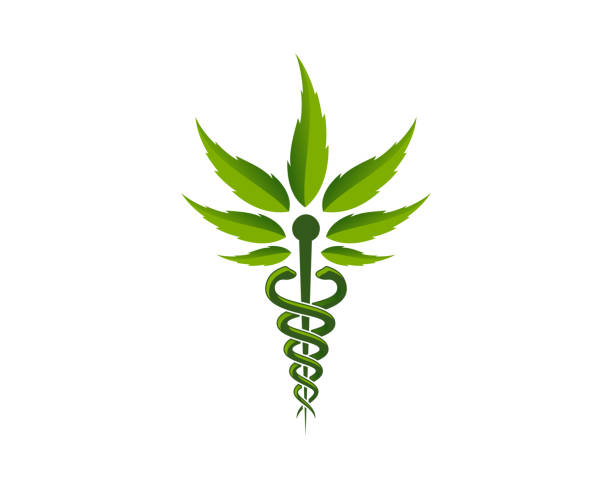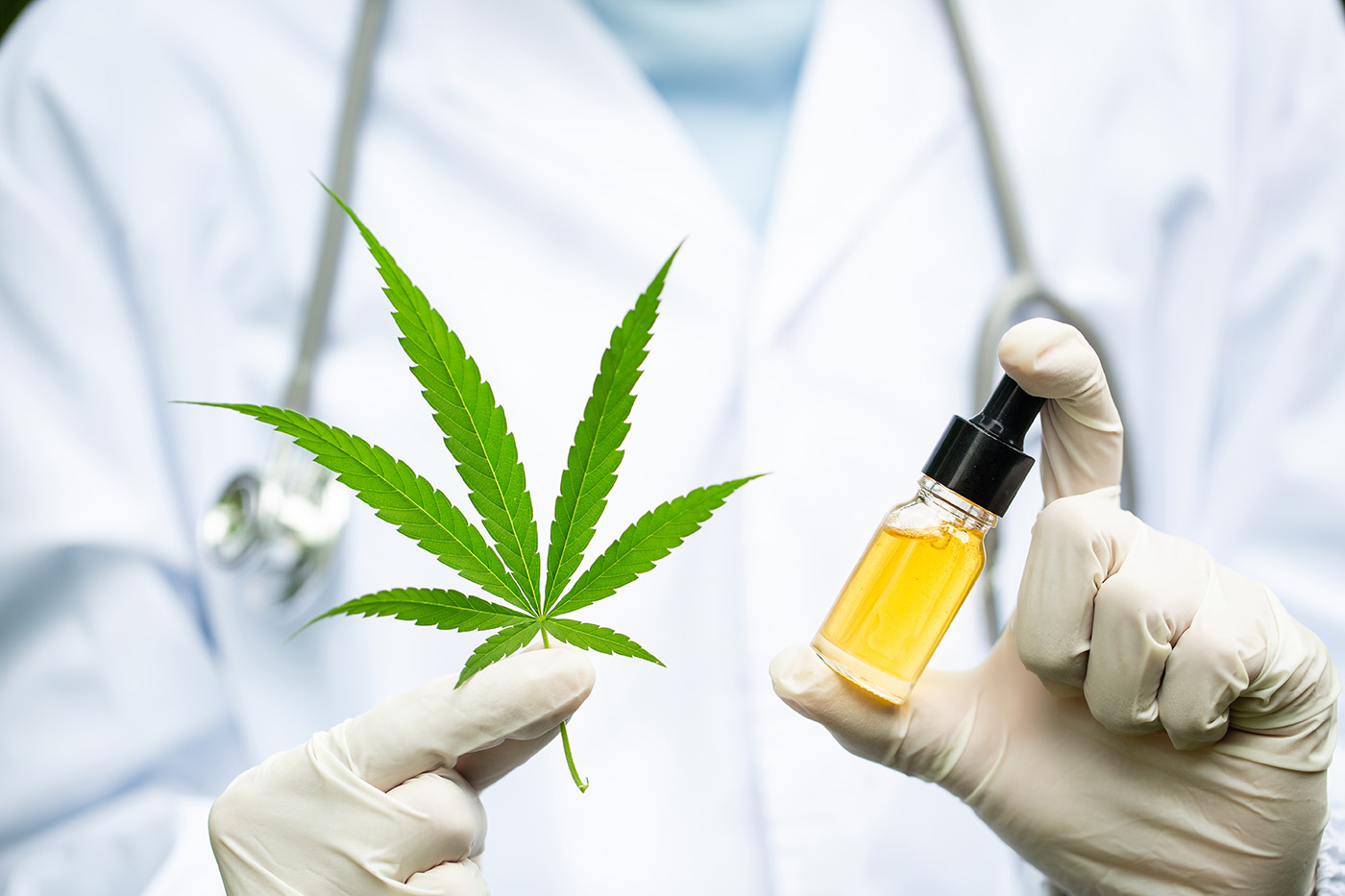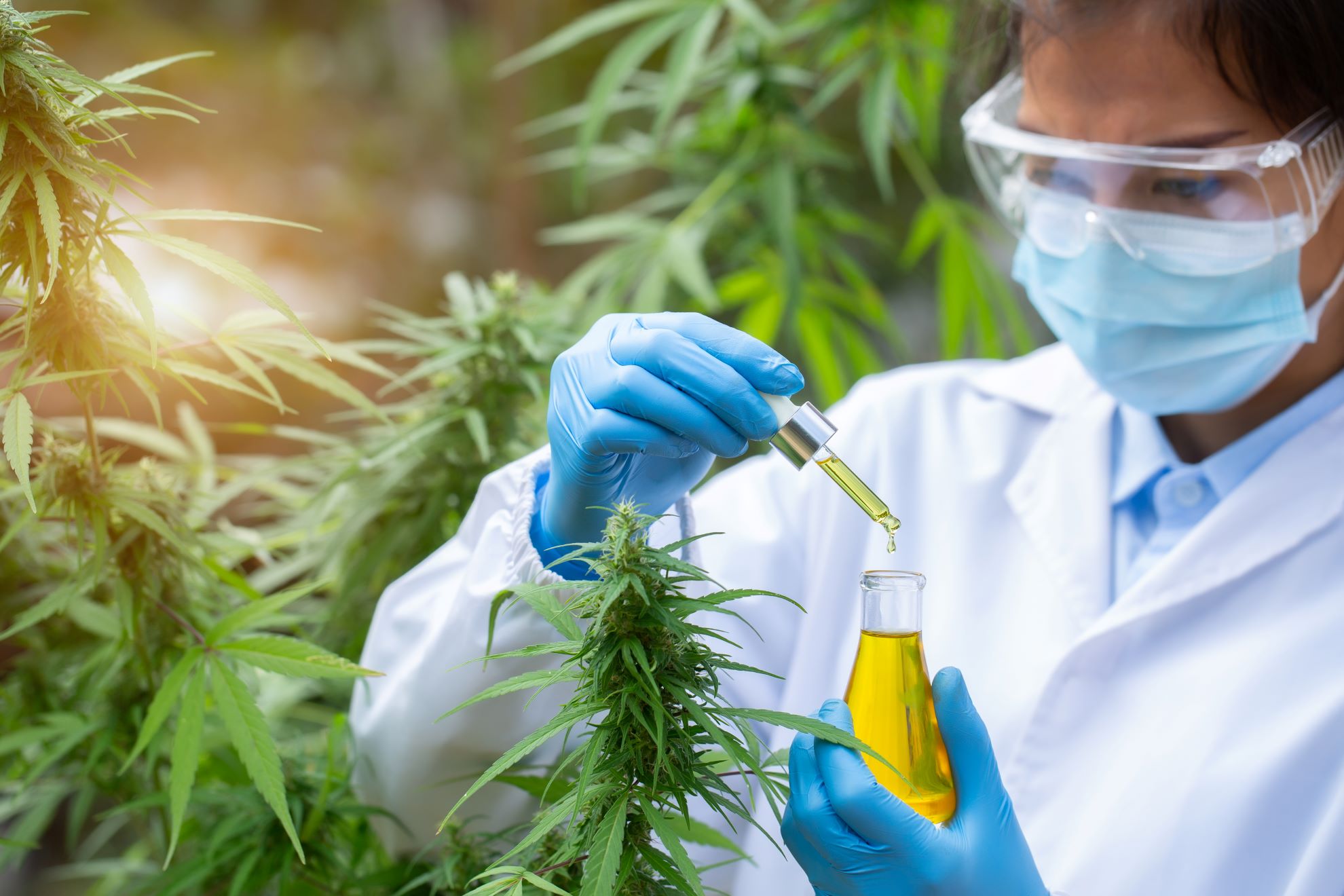Checking Out the Diverse Use Medical Cannabis in Modern Medication
In the realm of modern medication, the exploration of medical marijuana has revealed a spectrum of potential applications that extend much beyond its conventional use. From discomfort monitoring to neurological problems, the adaptability of cannabis in addressing different health problems has piqued the interest of medical care experts and scientists alike. As we navigate through the complex landscape of medical marijuana in contemporary medical care, it ends up being evident that its diverse usages hold assurance for ingenious therapeutic treatments.
Pain Monitoring
Pain administration making use of clinical marijuana has garnered boosting focus in the area of healthcare because of its prospective efficiency in providing relief for different kinds of acute and chronic pain conditions. The cannabinoids present in clinical marijuana, specifically tetrahydrocannabinol (THC) and cannabidiol (CBD), are recognized for their analgesic buildings. These substances connect with the endocannabinoid system in the body, which plays an important role in regulating pain experience.

As even more research study is conducted and guidelines evolve, medical cannabis might potentially play a much more substantial role in the multimodal method to discomfort monitoring in healthcare.
Epilepsy Therapy
Checking out the efficacy of clinical cannabis in taking care of epilepsy has shown encouraging results in boosting seizure control and quality of life for people with treatment-resistant types of the problem. In recent years, study into the use of medical cannabis, especially substances like cannabidiol (CBD), has gained focus for its prospective therapeutic advantages in epilepsy management.
The existing data suggests that medical cannabis could be a useful addition to the therapy options offered for patients with refractory epilepsy (Medical Marijuana Card Clinton MS). As further research unfolds, the role of clinical cannabis in epilepsy therapy proceeds to be a location of energetic expedition in the medical community.

Anxiety Relief
Research research studies have demonstrated the capacity of clinical marijuana in giving alleviation for people experiencing anxiousness problems. Anxiousness is an usual psychological wellness problem that influences countless individuals worldwide. Standard therapies for stress and anxiety, such as therapy and medication, might not constantly work for everyone. This has led scientists to discover alternate options, including medical marijuana.
Marijuana includes substances called cannabinoids, which communicate with the body's endocannabinoid system. This system plays an important role in managing numerous physiological procedures, including mood and stress and anxiety actions. By targeting the endocannabinoid system, medical marijuana may aid minimize symptoms of anxiousness.
Research studies have actually shown that certain cannabinoids, such as cannabidiol (CBD), have anxiolytic properties, indicating they can decrease anxiousness levels. CBD is non-psychoactive, unlike tetrahydrocannabinol (THC), an additional cannabinoid discovered in marijuana. This makes CBD a promising choice for people seeking anxiety alleviation without experiencing the psychedelic impacts frequently related to marijuana use.
Cancer Cells Symptom Control
Provided the encouraging impacts of clinical marijuana on stress and anxiety alleviation, its potential application in assisting take care of symptoms related to cancer is an area of boosting interest among scientists and medical care professionals. Cancer cells clients usually experience various stressful signs and symptoms such as pain, queasiness, anorexia nervosa, and insomnia because of the illness itself or the adverse effects of therapy. Clinical cannabis, with its compounds like THC and CBD, has shown pledge in reducing these signs.
Discomfort administration is one of the most widely recognized click to read more advantages of medical cannabis in cancer cells care. Studies have shown that cannabis can help lower discomfort levels, boosting the quality of life for patients undertaking cancer cells therapy.
Neurological Conditions Support

In epilepsy, as an example, CBD has been researched for its prospective to reduce the regularity dig this and seriousness of seizures in people who do not respond well to standard anti-seizure medications. THC has revealed guarantee in relieving muscle mass spasticity and discomfort in people with several sclerosis. People with Parkinson's illness have actually reported improvements in electric motor symptoms such as tremblings and rigidity after utilizing clinical cannabis.
While even more research is needed to completely understand the systems and lasting impacts of clinical marijuana on neurological disorders, present proof suggests that it might be a valuable addition to typical treatment alternatives for patients seeking sign alleviation. (Medical Cannabis Clinic)
Conclusion
In final thought, clinical marijuana has actually shown its effectiveness in various medical applications, consisting of discomfort monitoring, epilepsy therapy, anxiety relief, cancer symptom control, and support for neurological disorders. The diverse uses medical cannabis in contemporary medicine emphasize its possible as a valuable tool for healthcare professionals in improving client outcomes and quality of life. Additional research and exploration of its therapeutic benefits are warranted to completely comprehend and harness its medicinal properties.
Pain monitoring making use of clinical marijuana has garnered increasing attention in the area of medical care due to its prospective effectiveness in providing relief for numerous kinds of infusion center near me acute and persistent discomfort conditions.Studies have actually revealed promising results pertaining to the use of clinical marijuana in minimizing neuropathic pain, arthritis, migraine headaches, and other forms of discomfort that are commonly challenging to treat with traditional drugs. Individuals who have actually not reacted well to traditional pain monitoring techniques may discover relief with clinical cannabis. As more research study unfolds, the function of medical marijuana in epilepsy treatment proceeds to be an area of active exploration in the clinical neighborhood.
In conclusion, clinical cannabis has shown its efficiency in various clinical applications, including pain management, epilepsy therapy, stress and anxiety alleviation, cancer signs and symptom control, and support for neurological problems. (Medical Marijuana Clinic Clinton MS)